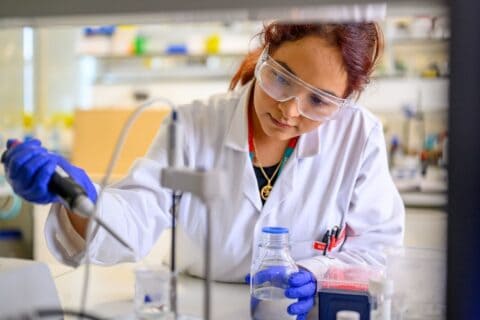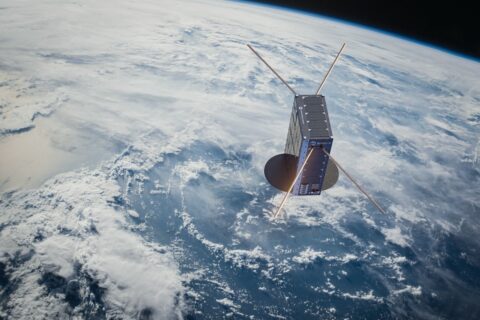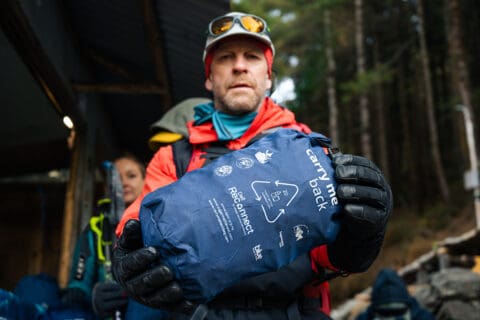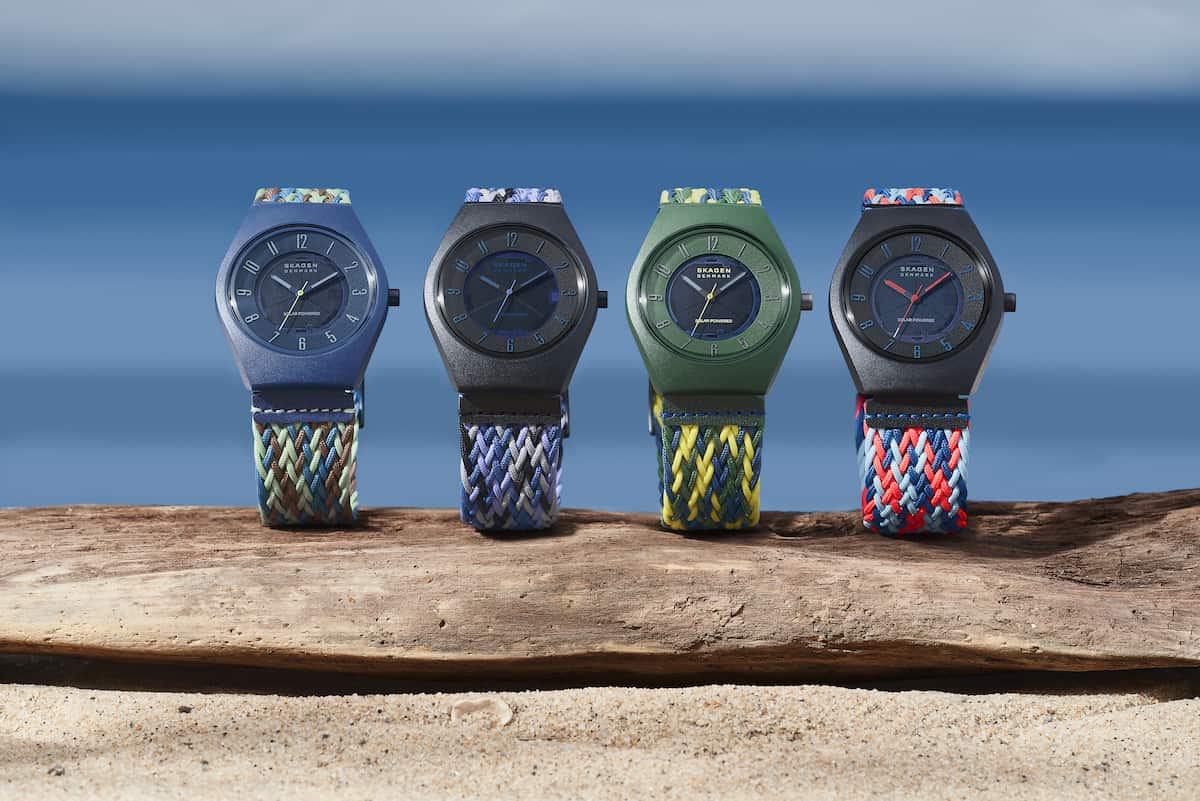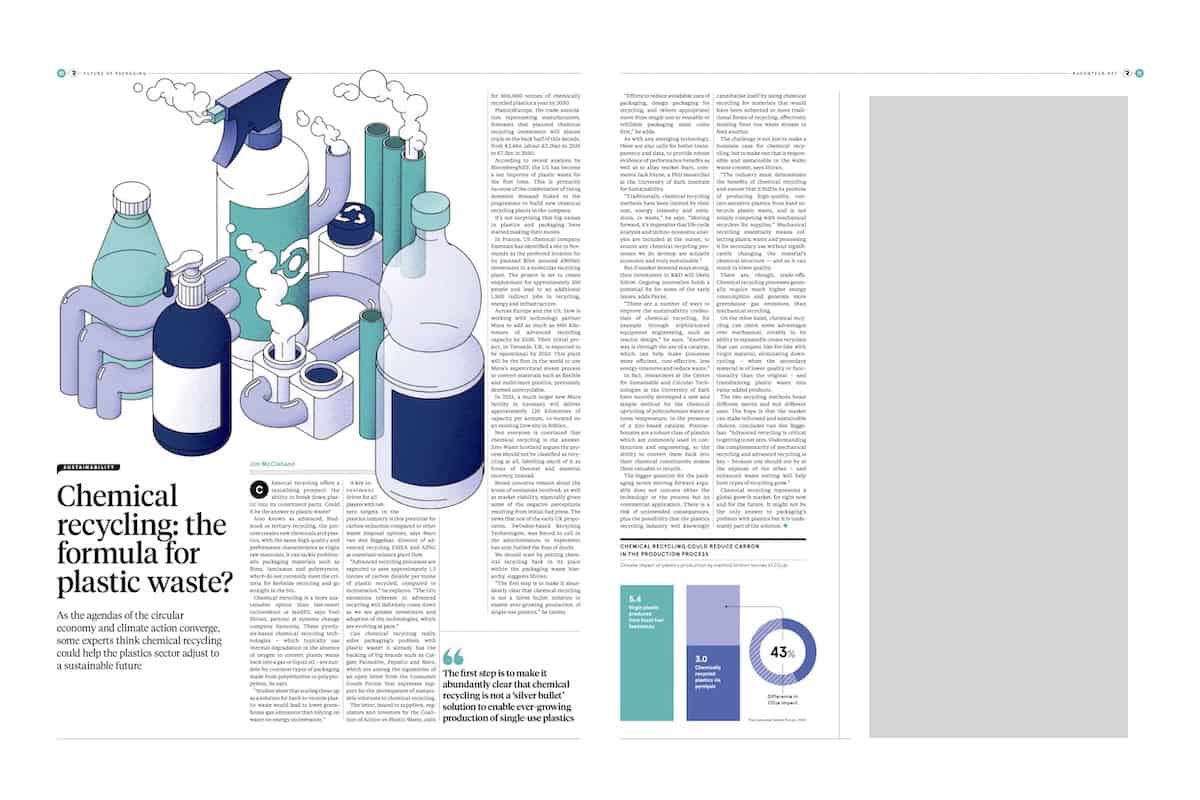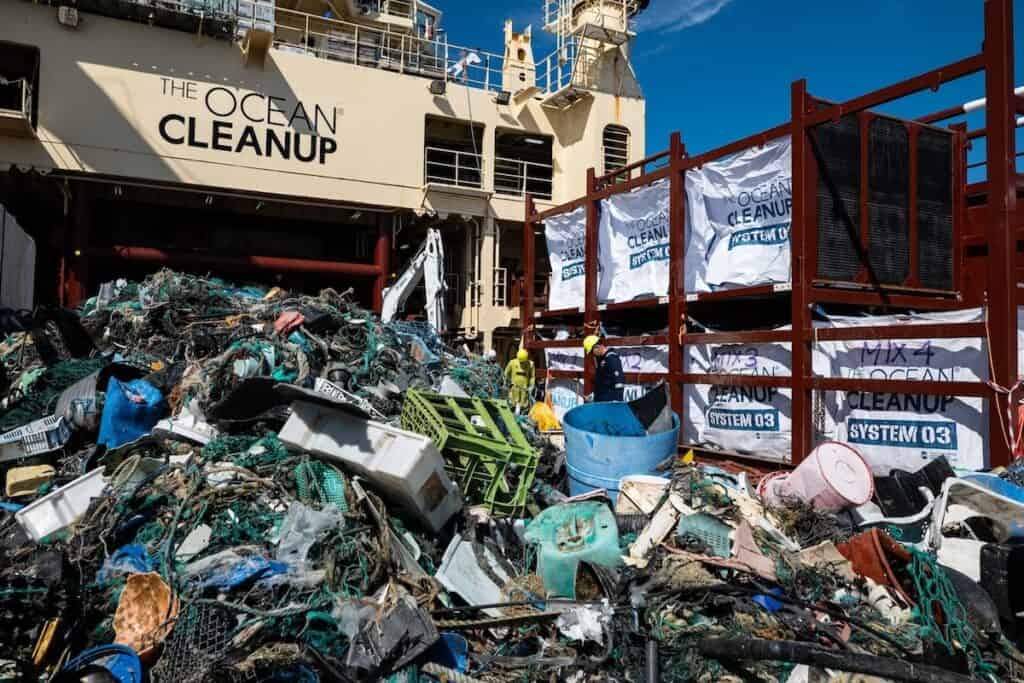
Reaching a new cleanup milestone, a global non-profit has now extracted a total of 10 million kilograms of verified catch from operations in the Great Pacific Garbage Patch and highly polluting rivers worldwide.
Pioneering innovative extraction systems in the battle against marine pollution, The Ocean Cleanup has removed a volume of trash from oceans and rivers roughly equal in weight to the Eiffel Tower.
To complete its mission of ridding the oceans of plastic, the organisation uses a dual strategy: cleaning up the Great Pacific Garbage Patch (GPGP) to remove the plastic already afloat in the oceans; whilst also stopping the flow of plastic from the world’s most polluting rivers.
Through cleaning operations in the GPGP and in rivers in eight countries, the cumulative total of trash removed has now surpassed 10 million kilograms. This milestone demonstrates the acceleration of The Ocean Cleanup’s impact, while underlining the astonishing scale of the plastic pollution problem and the need for continued support and action.
Millions more tons of pollution to tackle
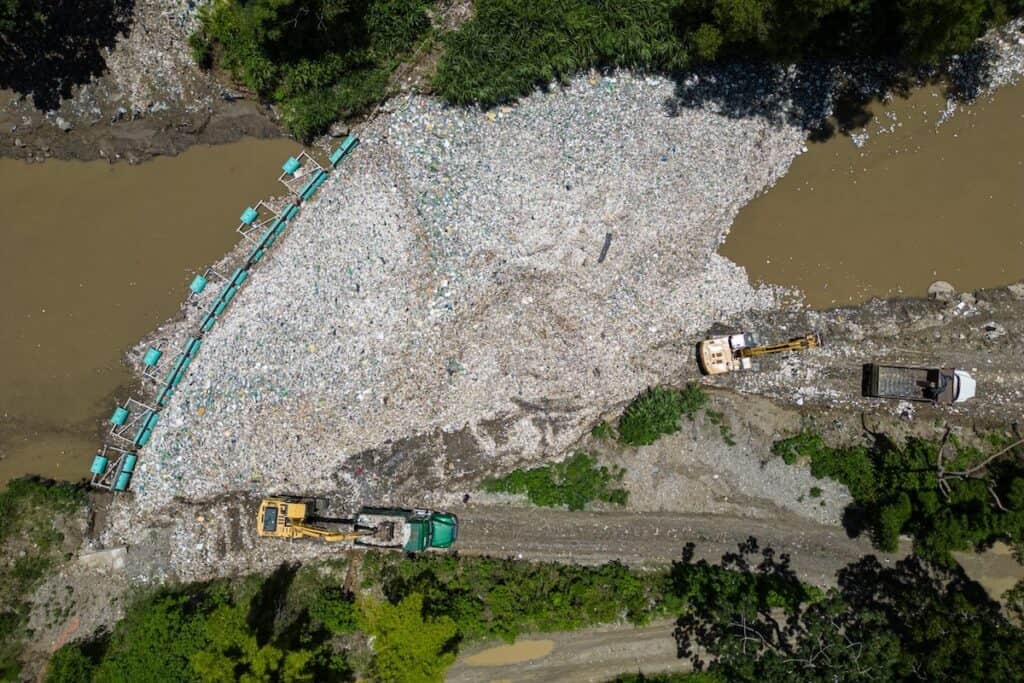
While encouraging for the mission, this milestone is only a staging point: millions more tons of plastic still pollute our oceans and The Ocean Cleanup intends to continue learning, improving and innovating to solve this global catastrophe.
Nevertheless, momentum is building, says Founder and CEO of The Ocean Cleanup, Boyan Slat:
“After many tough years of trial and error, it’s amazing to see our work is starting to pay off — and I am proud of the team who have brought us to this point. While we still have a long way to go, our recent successes fill us with renewed confidence that the oceans can be cleaned.”
GPGP and eight countries worldwide
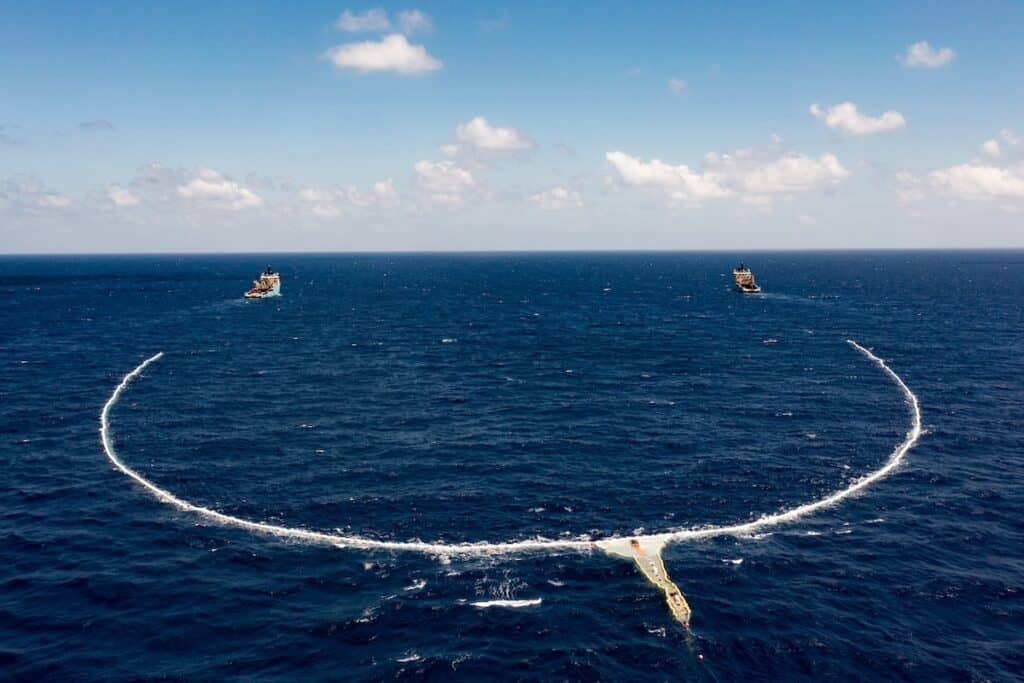
The Ocean Cleanup was founded in 2013 and captured its first plastic in 2019, with the a confirmed catch in the GPGP coming soon after the deployment of Interceptor 001 in Jakarta, Indonesia.
After surpassing one million kilograms of trash removed in early 2022, the non-profit project has since progressed to the third iteration of its GPGP cleaning solution, known as System 03. It also has a network of Interceptors currently covering rivers in eight countries, with more deployments set for 2024.
Tracked and traced for chain-of-custody
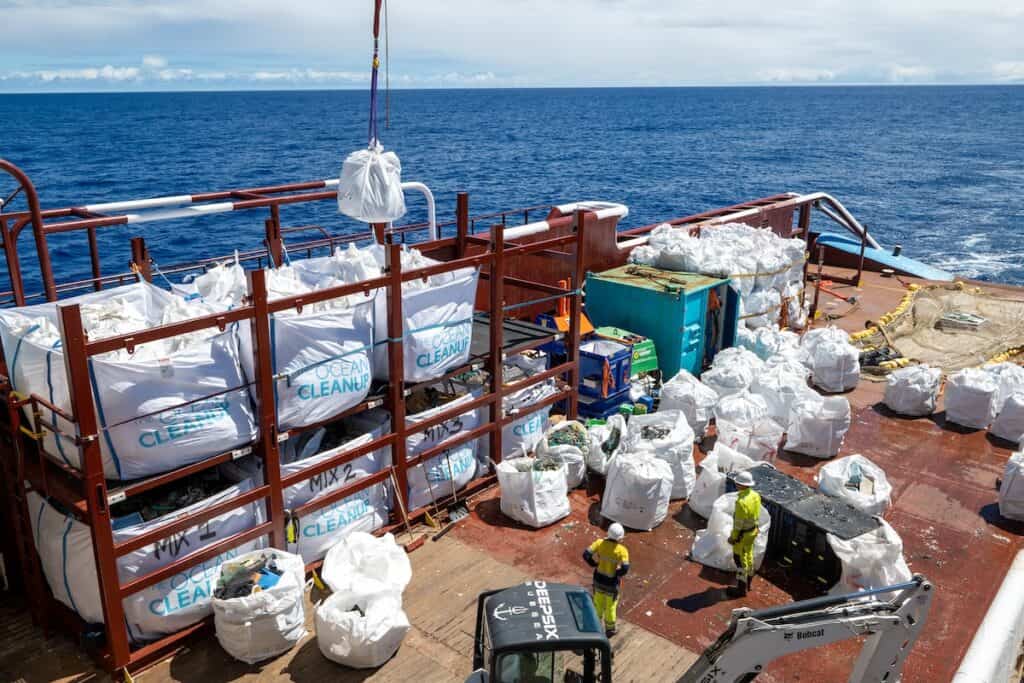
The Ocean Cleanup is an international non-profit organisation that develops and scales technologies to rid the world’s oceans of plastic. The aim is to achieve this goal via a dual strategy: stemming the inflow via rivers; and cleaning up the legacy plastic that has already accumulated in the ocean.
To curb the tide via rivers, The Ocean Cleanup has developed Interceptor solutions to halt and extract riverine plastic before it reaches the ocean. For the latter, large-scale systems are deployed to efficiently concentrate the plastic for periodic removal.
This plastic is tracked and traced through DNV’s chain of custody model to certify claims of origin when recycling it into new products.
Founded in 2013 by Dutch inventor and entrepreneur Boyan Slat, The Ocean Cleanup is headquartered in Rotterdam, the Netherlands, and now employs a broadly multi-disciplined team of approximately 140.
Further Reading:
- More about The Ocean Cleanup; and Founder Boyan Slat;
- More about the Great Pacific Garbage Patch (GPGP);
- Also on SustMeme, Leisure and tourism must race to revive our oceans;
- Also on SustMeme, Solar watch made from upcycled ocean plastic;
- Also on SustMeme, Lost is found in fight to tackle ocean plastic;
- Also on SustMeme, Crowdsourcing waste clean-up on Mount Everest;
- Also on SustMeme, Trillion-$ packaging, to rockin’ megaprojects + ocean clean-up (2015).
Check out the full archive of stories on the SustMeme Circular Economy Channel, Sponsored by Dow.

